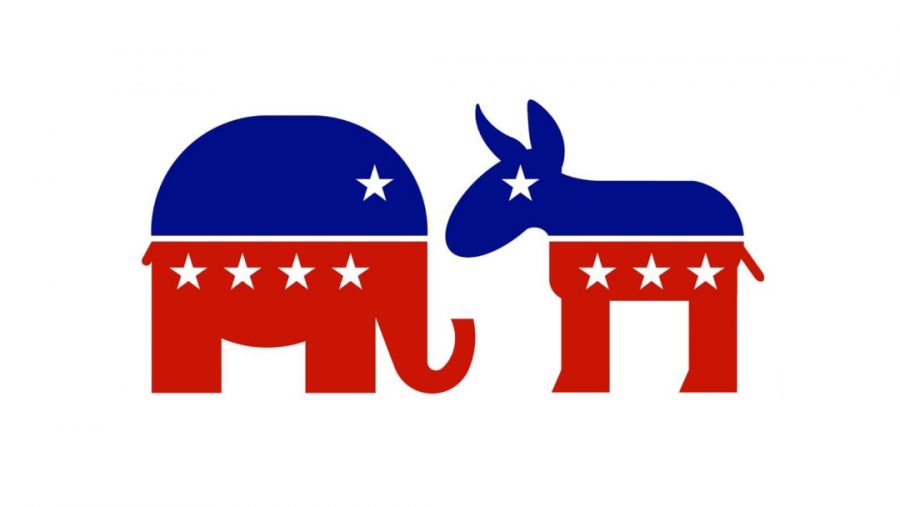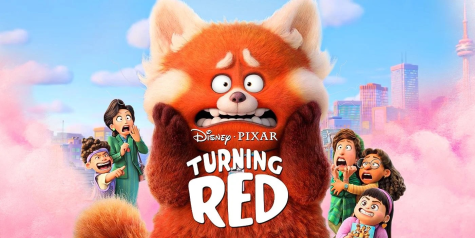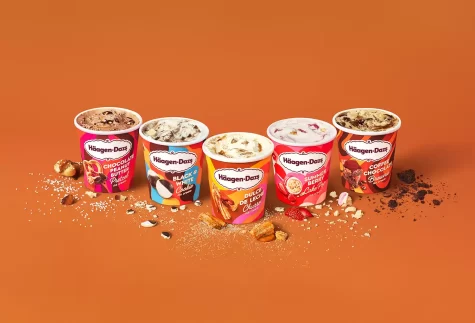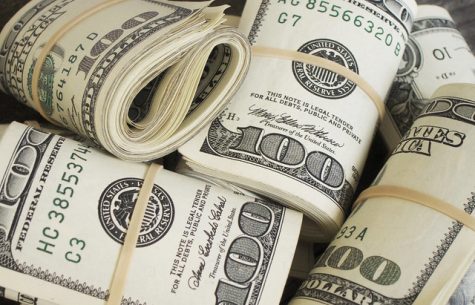Impacts of political polarization
In recent years, there seems to be a trend of increasing political polarization in America. People seem to be drifting more and more towards extremes when it comes to politics and people standing on the middle ground seem to be growing scarce. Most people either support Democrats or Republicans now. There is no in between. But wasn’t it always this way? This might be shocking to some but the answer is no. One thing has been linked directly to America’s rising political polarization- the rise of social media platforms.
Recent data from Pew Research Center has shown that the average Democrat is more liberal than 92% of Republicans, up from 64% twenty years ago. The average Republican is more conservative now than 94% of Democrats, compared with just 70% twenty years ago. Furthermore, the share of Republicans who feel Democrats are a threat to the nation has gone up from 17% to 43% in the last 20 years. Similarly, the share of Democrats with very negative opinions of the Republican Party also has gone up from 16% to 38%.
As aforementioned, social media has played a part in this. This is briefly explored in a Netflix documentary called, “The Social Dilemma”, which tackles the downsides of social media. It discusses how the algorithms on social media platforms are customized to provide you content it thinks you would click on- basically whatever supports your ideologies and points of view. When you explore on social media, it doesn’t take long until your feed is tailored to your beliefs and opinions. It’s an online universe where your worldview is reflected back to you everyday.
As a result, it’s easy to be insulated. When you hear only one point of view, anyone with a different perspective can sound insulting or ignorant because their opinions greatly differ from yours. Due to this insulation provided by social media, it is easy to shelter ourselves and ignore anyone who doesn’t agree with our beliefs.









